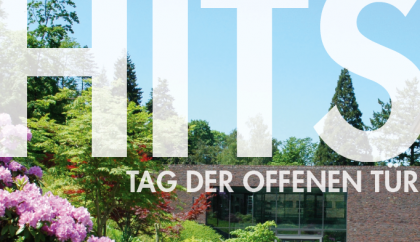
HITS open house event 2018
Tag der offenen Tür am HITS: Mitmachangebote, Präsentationen und Vorträge von der Molekularbiologie bis zur Astronomie. Das Heidelberger …
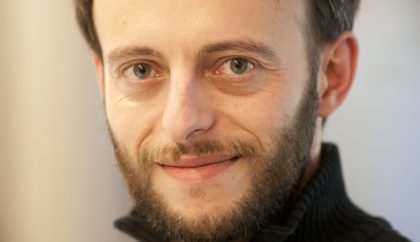
For the Third Time: Award for Teaching Bioinformatics
All good things come in threes: Dr. Alexandros Stamatakis – head of the HITS research group Scientific Computing and a computer science …
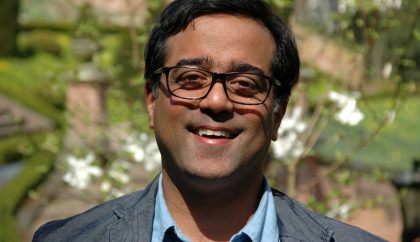
Accelerated reactions in condensed bio-matter?
HITS researcher Dr. Kashif Sadiq explores ribonucleoprotein granules, a condensed form of bio-matter found inside cells. He investigates whether the rate …
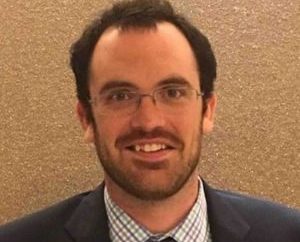
Welcome Kevin!
A warm welcome to Kevin who is visiting the group with a fellowship from the Alexander von Humboldt Foundation. He previously …

2018: Lectures and Hands-on sessions in computational molecular biophysics
Computational Molecular Biophysics How can a bird sense magnetic fields, how does our ear detect sound waves, how does our bone …

No. 31 | 06-2018
News about our outreach activities at “Explore Science” and the upcoming HITS open house event, a new software tool for protein …

PSO group hosts HJAC colloquium speaker Kate Maguire
From May 22 to 23, 2018, the PSO group hosted Dr Kate Maguire. Kate leads a research group at the Astrophysics Research …
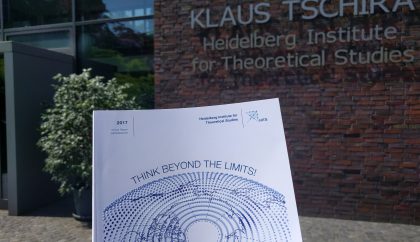
HITS Annual Report 2017 released!
The HITS Annual Report 2017 has been released. In this report, you will find research highlights from 2017 that range from decoding of …
